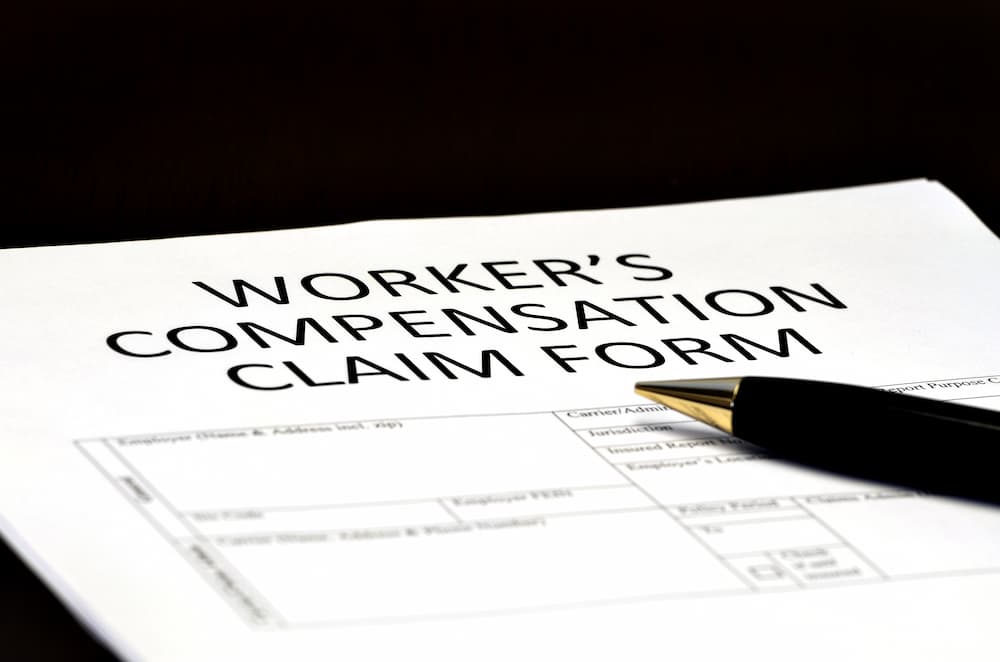Colorado Workers Comp Laws

A serious injury or illness at work can have a major impact on your life. You might be facing substantial medical bills, time away from work, or even a long-term disability that limits your ability to stay in your current field. Understanding Colorado workers comp laws ensures that you know your rights as an employee in case of a workplace injury. If you need to make a worker’s compensation claim, hiring an attorney can make the process less stressful and increase the likelihood of getting the compensation you deserve. The Law Offices of Miguel Martinez, P.C. is here to go over how workers comp functions in Colorado and what you should know if you’re seeking representation for your case.
Workers Comp Benefits
Most employers in Colorado are required to carry workers’ compensation insurance, which is designed to protect both companies and employees. Workers compensation can apply when someone is injured in an accident at work, becomes ill because of exposure to harmful substances at work, or develops a repetitive stress injury gradually.
When the situation qualifies, workers’ compensation can pay for medical care, including ongoing treatment like rehabilitation or physical therapy that you need to fully recover from your injury or illness. Workers compensation will also pay a portion of your lost wages while you are out of work. In Colorado, workers will generally receive two-thirds of their regular pay.
Reporting Requirements for Colorado Workers Comp
Colorado workers comp laws require injured employees to report their injuries to their employers within a specific timeframe. This report needs to be in writing. Failing to meet this requirement can potentially affect your eligibility for benefits. Because of this requirement, it’s a good idea to report any injuries you experience at work, even if they do not seem especially serious. If you realize later on that you do need medical care or more in-depth care than you initially expected, having reported your injury will make filing a worker’s compensation claim much easier.
Employers are also required to report any injuries to their worker’s compensation insurance companies. The insurer then has ten days to file a report with the Division of Workers’ Compensation at the Colorado Department of Labor and Employment.
Recent Changes to Colorado’s Workers Comp Laws
The state’s legislature recently made some important updates to Colorado workers comp laws that workers should be aware of. Most importantly, the time limit for reporting an injury has been extended from four days to ten days. In the case of occupational diseases, which can cover a range of conditions like asthma or carpal tunnel syndrome, employees now have 30 days from the date the condition manifests. The previous time limit started when the employee contracted the disease. The update gives employees more time to report their conditions in cases where symptoms don’t show up right away.
The new law also updated the signage requirements for employers. Employers need to have the name and contact details of their worker’s comp insurer posted, along with specific information about workers’ rights after an injury. If this information is not displayed according to the requirements, the 10-day reporting requirement for injured employees is paused until the employee complies with the signage law.
When to See a Workers Comp Lawyer
Even if you’re familiar with your rights, navigating the worker’s compensation system when you’re already dealing with an injury or illness can be overwhelming. Talking to a workers comp lawyer can be helpful for anyone who needs to file a claim, but it’s especially important when your case is complicated. If you missed the reporting deadline, believe you might be permanently disabled, or expect to have a difficult time connecting your injury to your job, it’s time to contact a lawyer.
Schedule a consultation with The Law Offices of Miguel Martinez, P.C. today.
Image Source: Lane V. Erickson/Shutterstock
